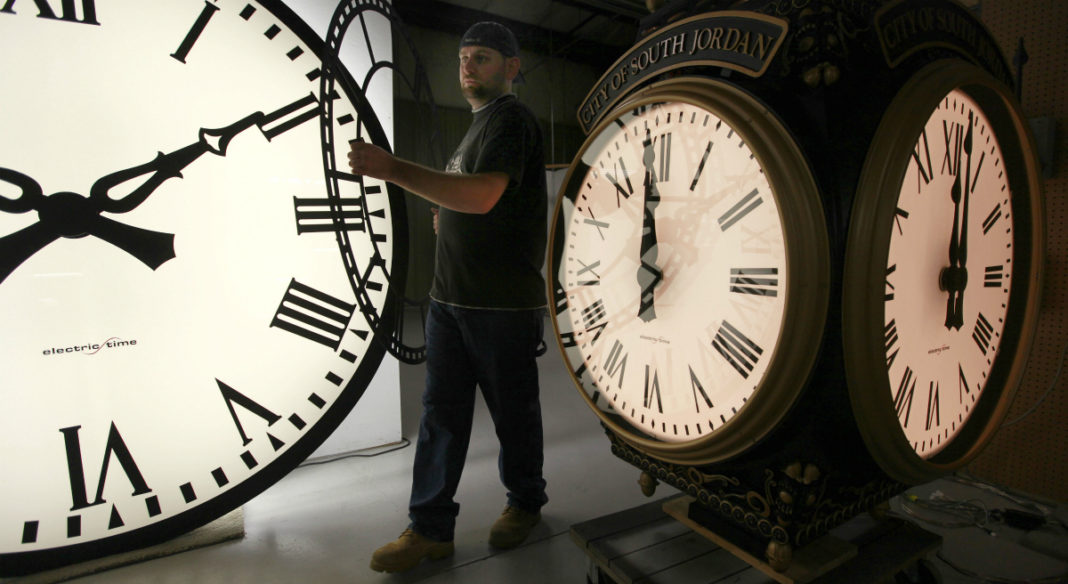There are no two people on this Earth who are the same in a very way – even twins. One of the things that are different in everyone is one’s epigenetic aging rate. It’s what explains why some people live a perfectly well-balanced lifestyle yet still young and it’s in our DNA.
Douglas Kiel is HMS professor if medicine at Beth Israel Deaconess Medical Center, senior scientist at the Institute for Aging Research at Hebrew SeniorLife, and co-author of this study. He commented, “In geriatric medicine, we are always struck by the difference between our patients’ chronological age and how old they appear physiologically. This study validates the use of DNA methylation as a biomarker for biological age. And if we can prove that DNA methylation accelerates aging, we can devise strategies to slow the rate and maximize a person’s years of good health.”
As part of the research, Steve Horvath, professor of human genetics and biostatistics at UCLA’s David Geffen School of Medicine and Fielding School of Public Health and a team of 65 scientists set out to record age-related changes to DNA, estimate a person’s lifespan, and calculate their biological age. Regardless of the person’s chronological age, if they had a higher biological age, they continually predicted an earlier death. “Our research reveals valuable clues into what causes human aging, marking a first step toward developing targeted methods to slow the process,” stated Horvath.
DNA samples were collected from more than 13,000 people across the United States and Europe in which to measure the aging rates of all these individuals. They were done this by using the epigenetic clock that was created by Horvath in 2013. It tracks methylation in order to calculate the aging of blood and other tissues. They scientists then compared the subject’s chronological age to that of the biological blood age to predict each person’s life expectancy.
Even those taking part in the study were surprised by the results. “We were stunned to see that the epigenetic clock was able to predict the lifespan of Caucasians, Hispanics, and African-Americans. This rang true even after adjusting for traditional risk factors like age, gender, smoking, body-mass index, disease history and blood cell counts,” said Brian Chen, first author and a postdoctoral fellow at the National Institute on Aging.
One of the not so good things that came from the study was that scientists discovered around five percent of the population age at a faster biological rate than most, meaning they will have a shorter life expectancy, no matter what. Horvath explained, “While a healthful lifestyle may help extend life expectancy, our innate aging process prevents us from cheating death forever. Risk factors like smoking, diabetes and high blood pressure still predict mortality more strongly than one’s epigenetic aging rate.”
Statistics released by the World Health Organization confirm that this year for the first time, the number of people aged over 65 will outweigh those aged under five. By 2050, the number of people aged over 60 will reach an all-time high of 22 percent, leaving countries to try and cope with the higher medical costs associated with people living longer. “We must find interventions that prolong healthy living by five to 20 years. We don’t have time, however, to follow a person for decades to rest whether a new drug works. The epigenetic clock would allow scientists to quickly evaluate the effect of anti-aging therapies in only three years,” states Horvath.
More News to Read











